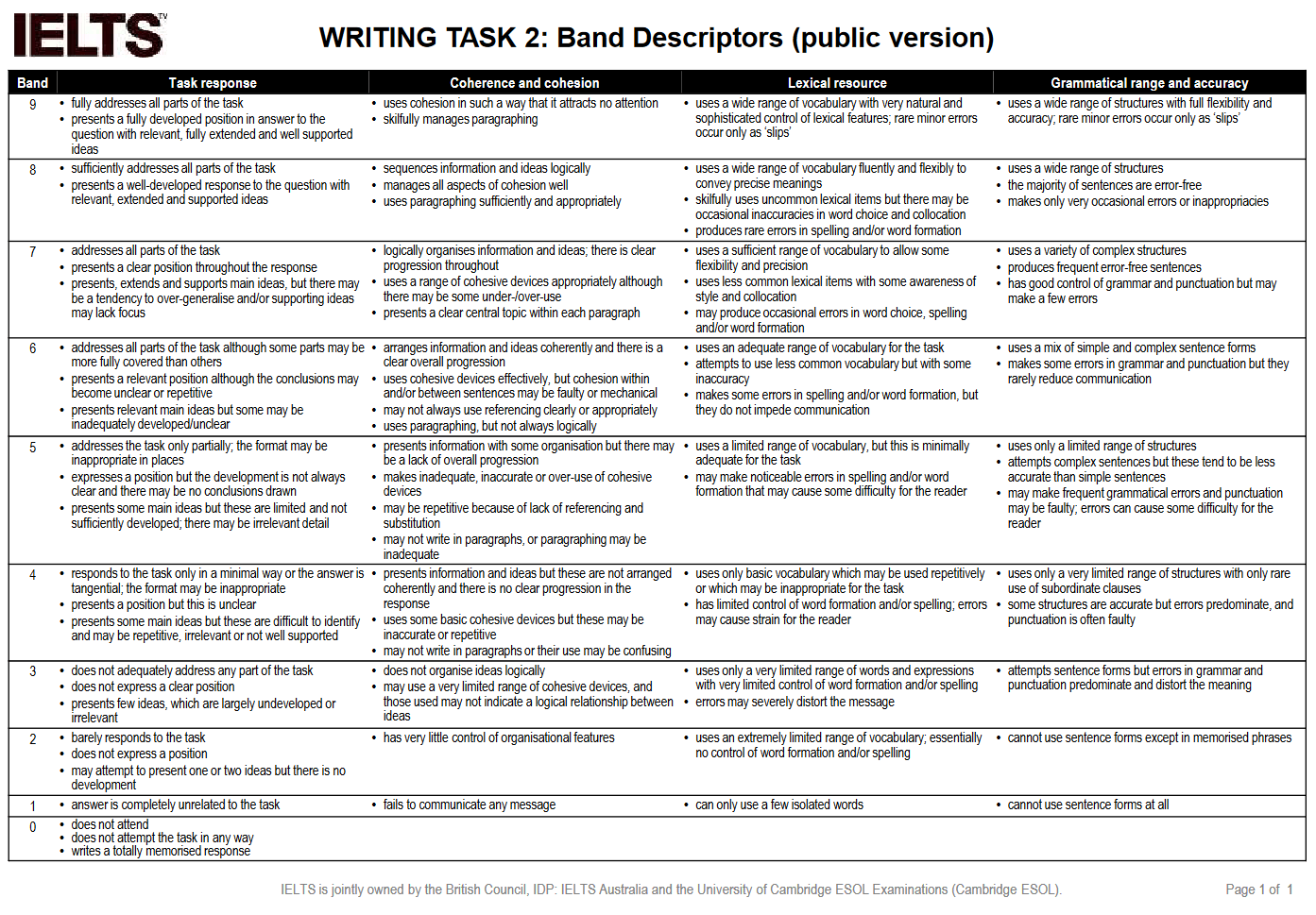One of the most challenging sections of the IELTS exam is the Writing component. It requires test-takers to demonstrate their ability to communicate effectively in written English, showcasing their grammar, vocabulary, coherence, and organization skills. Whether you are preparing for the Academic or General Training module, honing your writing abilities is essential for achieving a high score.
For many candidates, the Writing section can be intimidating, but with the right strategies and practice, you can improve your performance and boost your overall band score. Understanding the requirements of each task and familiarizing yourself with the assessment criteria are key steps in preparing for success in this part of the exam.
IELTS Writing
There are two tasks in the Writing section of the IELTS exam: Task 1 and Task 2. In Task 1, candidates are required to write a report based on visual information such as graphs, charts, or diagrams. This task assesses your ability to describe and interpret data accurately. Task 2, on the other hand, is an essay where test-takers are asked to present an argument or problem, provide examples to support their ideas, and express their opinion.
To excel in the Writing section, it is crucial to practice writing essays and reports regularly. Focus on developing your vocabulary, grammar, and sentence structure to convey your ideas clearly and coherently. Additionally, familiarize yourself with different types of essay questions and practice outlining and organizing your thoughts before writing your response.
Moreover, time management is essential in the Writing section as you are required to complete both tasks within a specific timeframe. Allocate your time wisely, ensuring that you have enough time to plan, write, and review your responses. Practice writing under timed conditions to improve your speed and efficiency.
In conclusion, the IELTS Writing section is a significant part of the exam that requires preparation and practice. By understanding the requirements of each task, developing your writing skills, and managing your time effectively, you can enhance your performance and achieve a high band score. With dedication and perseverance, you can master the Writing section and increase your chances of success on the IELTS exam.
